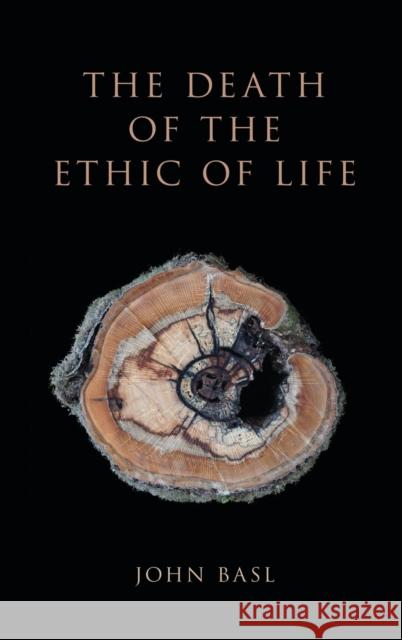The Death of the Ethic of Life » książka
topmenu
The Death of the Ethic of Life
ISBN-13: 9780190923877 / Angielski / Twarda / 2019 / 224 str.
Kategorie BISAC:
Wydawca:
Oxford University Press, USA
Język:
Angielski
ISBN-13:
9780190923877
Rok wydania:
2019
Ilość stron:
224
Waga:
0.45 kg
Wymiary:
24.13 x 15.75 x 2.29
Oprawa:
Twarda
Wolumenów:
01
Dodatkowe informacje:
Bibliografia











